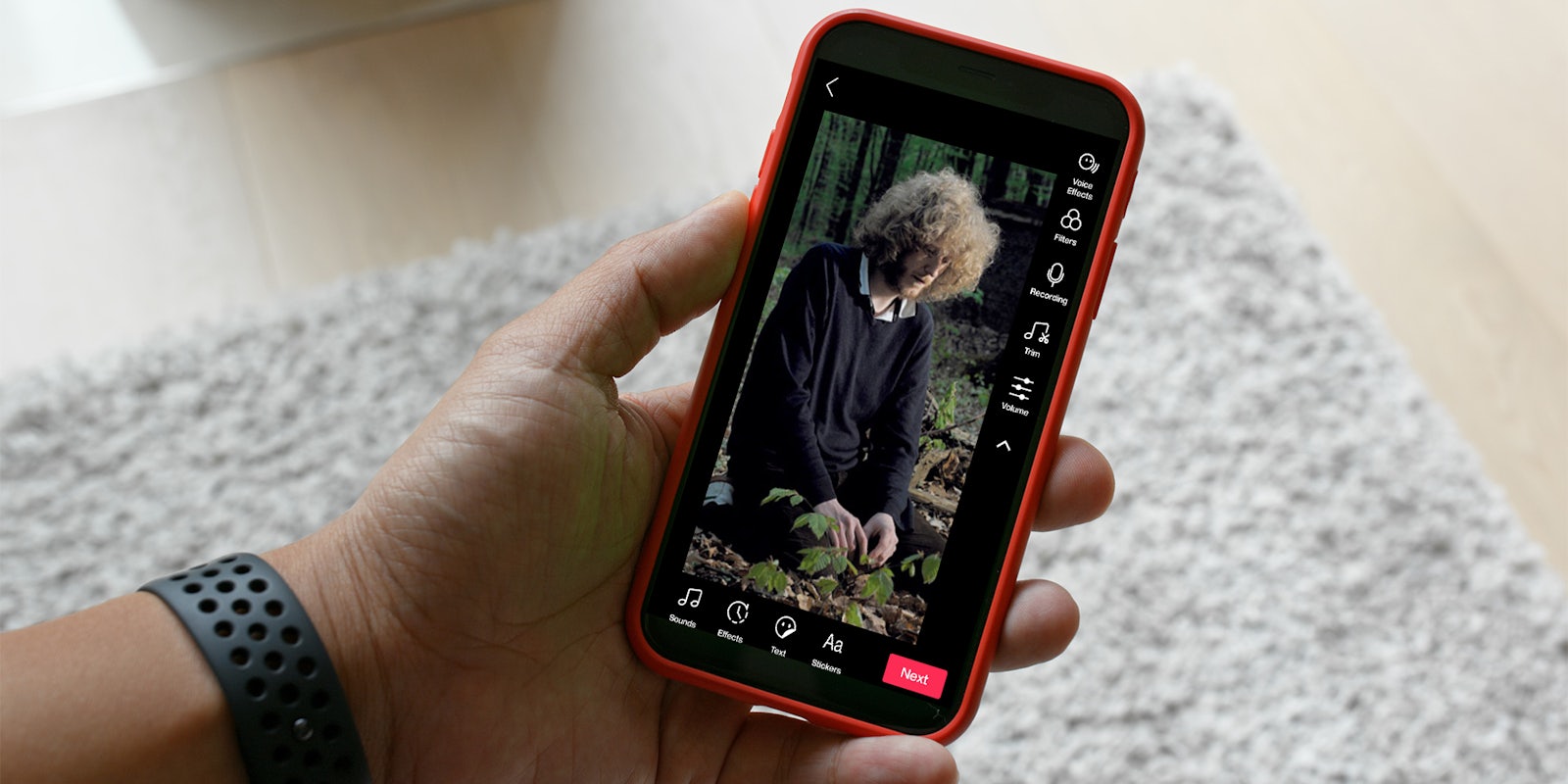A six-hour song from musician The Caretaker has become an unexpected “challenge” on TikTok.
The track, “Everywhere At the End of Time,” is something of an endurance test on TikTok—and a way to spook yourself. The Caretaker (real name Leyland James Kirby) began releasing the track in “stages” in 2016, and finished the piece in 2019, with each stage slowly becoming more degraded and warped.
According to Kirby, the piece is inspired by the music of The Shining and is meant to mirror the stages of dementia, using 78rpm ballroom records. His intention, according to a 2016 interview with the Quietus, was to “give the whole project dementia.” He retired the Caretaker name in 2019, after the last stage was released.
The Caretaker challenge has more to do with young people documenting their reactions to the six-and-a-half-hour track, or using the duet feature to track their progress. The Caretaker hashtag has more than 7 million views.
Some TikTokers have advised not listening to the track if you’re in a fragile mental state, which of course only makes more people want to listen. It’s not entirely clear when TikTok got hold of the song, though some videos reference Deep TikTok. A June video about the track from YouTuber A Bucket of Jake has close to a million views.
In a new interview with the Quietus, Kirby said he’s noticed YouTube views on the track “increasing exponentially since the beginning of the year.” He adds: “The fact it’s a challenge on TikTok is endemic of modern social media tropes among younger people for many of whom shared experience is everything.”
While there’s apparently been some backlash to the challenge, Kirby said it seems to be mostly educational for Gen Z: “From what I see from messages I receive it’s also given younger people an understanding into the symptoms a person with dementia may face. Ultimately if younger people see that music can be an experience and goes deeper beyond what is being manufactured and bombarded at them then independent musicians benefit.”
More on TikTok
| Everything you need to know to get started on TikTok |
| A slowed-down song and a slow zoom trend collide on TikTok |
| People have questions about this TikToker’s skull collection |
| Sign up to receive the best of the internet in your inbox. |


